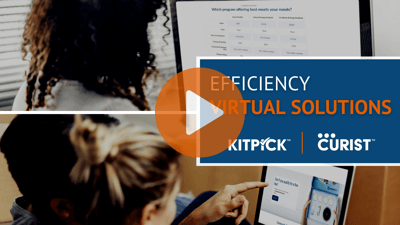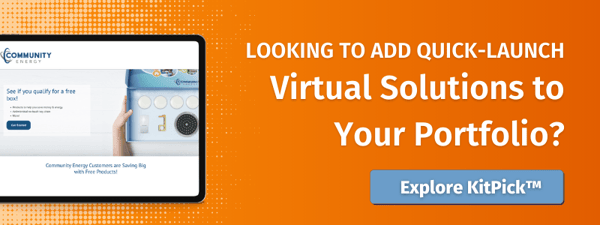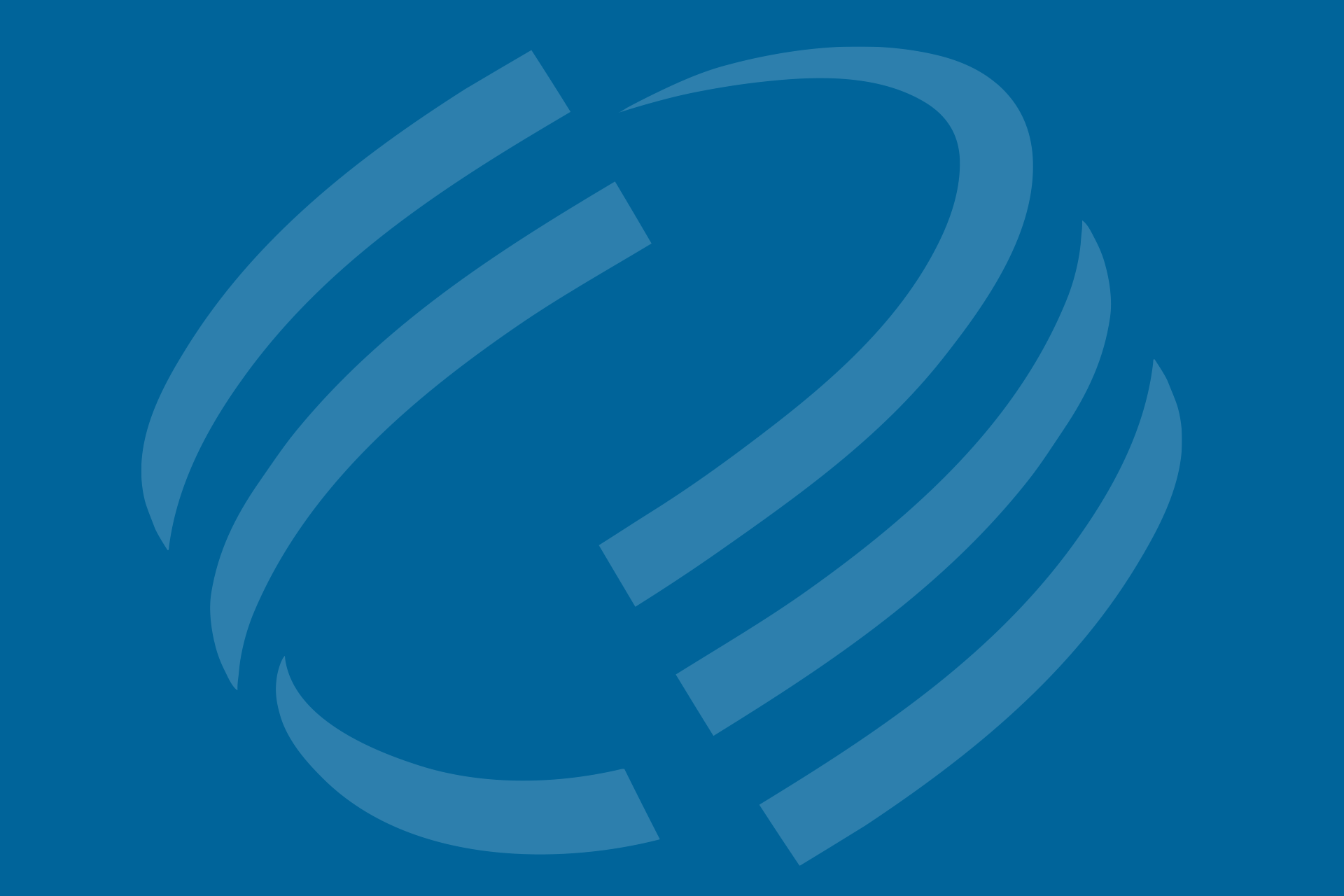Unsurprisingly, healthcare was one of the most rapidly evolving industries during the height of the pandemic crisis. While these efforts should certainly be applauded, those of us in the energy industry must also pay attention. Healthcare’s adaptations can be used as a crucial reference for utilities as they develop their own virtual program offerings.
Virtual Solutions Quickly Deployed to Adapt
So, how did they do it? Within weeks, hospitals were facing a seemingly insurmountable list of challenges:
- Simultaneously accelerate deployment of telehealth and virtual visits, chatbot assessments and remote health monitoring
- Refocus attention on vulnerable populations such as the elderly and low-income groups
- Face safety concerns for staff
- Solve for a shortage of protective equipment
…and do it all in the face of a global pandemic. Does all that scrambling to come up with instant solutions sound familiar?
The industry’s response was incredible – they wasted no time adapting. Innovation abounded and speed ruled the day—AccuRx, for example, developed a video consultation service (over a weekend!) and made it free for all frontline staff. Their solution didn’t require patients to download anything and didn’t require fancy webcams in order for the doctors to use it. This public health emergency put a spotlight on the value of being able to connect with patients where they are, and with their own technology, to help assess and triage symptoms. Stories like this inspired our own Innovation Lab team to act quickly and develop new solutions for the utility industry.
Why Utilities Should Launch Virtual Programs Now
Much like health systems were quick to adopt virtual solutions when the pandemic started, utilities that lead with “digital front door” innovations will be best positioned to respond quickly and move past the impact of this crisis to their bottom line and savings goals. Those who act quickly will have already made the investments and become familiar with using the technologies, which will have staying power in the long term. Take this example by Franklin Energy, who quickly launched a virtual energy audit program in the Chicagoland area to generate accelerated savings.
In fact, our Innovation Lab’s user testing revealed that utility customers tend to prefer embracing a digital option—pandemic or not. Those who were unlikely to welcome a stranger into their home for an energy audit were more than willing to set up a video call for a virtual audit.
This is why we’re committed to collaborating with our utility partners not just to ideate and develop new virtual solutions, deploy them quickly, but to continuously improve them as we all learn more about this new reality.
Want to see the two latest virtual innovations for the utility industry? Check out Curist™ and KickPick™.
The Evergreen Impact of Virtual Programs
While healthcare might have been slightly more prepared, the utility industry couldn’t have predicted that the biggest disruptive influence in our lifetime would be a virus. We expected technology to disrupt, but not this. Now, across industries, we’re in a situation where we need to make our services more accessible, convenient and engaging for consumers, without touch and without face-to-face contact. To deliver services today, we must focus on developing intuitive, transparent and on-demand experiences.
The key is to develop tools focused on service provider search, match and scheduling. We need to improve centralized apps and offer relevant tools within standard workflows. And we need to offer digital transactions in the same way consumers are familiar in every other part of their lives. By taking an integrated digital approach to engagement and navigation across a sprawling utility portfolio, we can improve the customer experience and enable more streamlined and effective service coordination.
Pandemic Aside, Virtual Tools are Here to Stay
The COVID-19 pandemic has given us an opportunity to capitalize on existing digitization trends that will ultimately benefit our industry and the customers we serve. Redeploying program spend from in-person programs and leaning more heavily into digital marketing and virtual, e-commerce and customer engagement solutions will help us develop the programs that keep our staff and customers safe today, while offering solid, innovative solutions to engage customers for many years to come.







